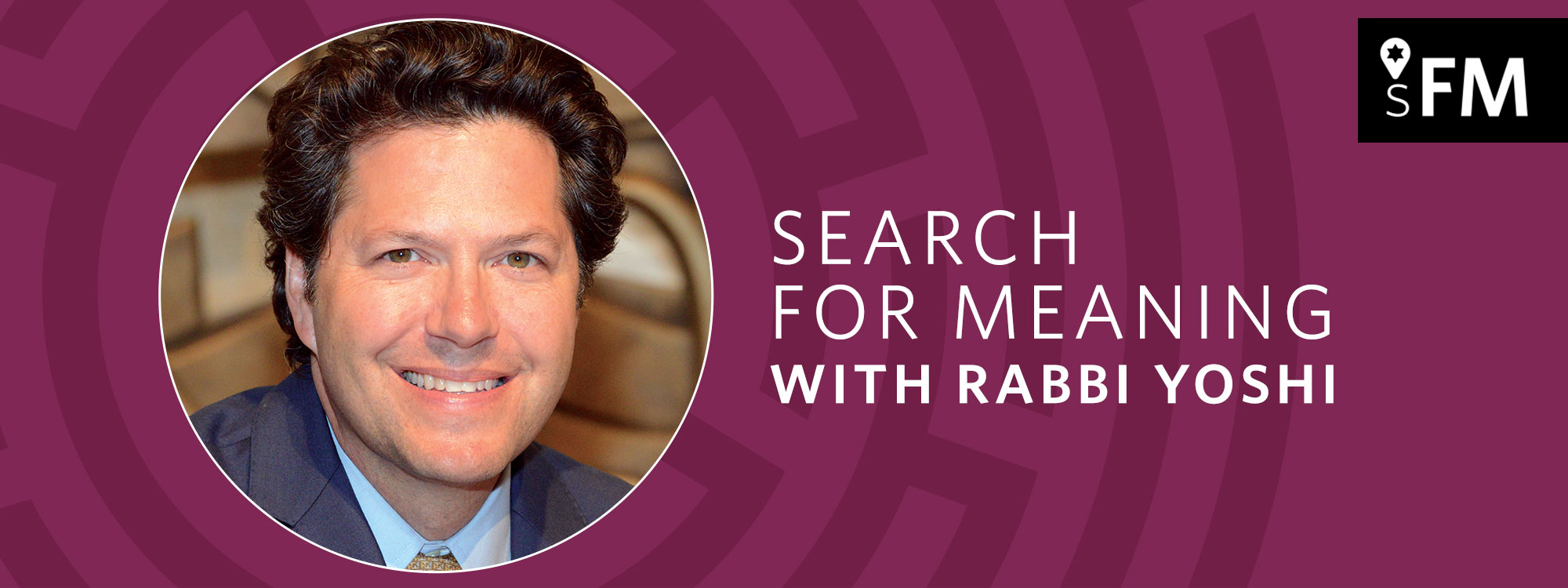In this edition of his Search for Meaning podcast, Stephen Wise Temple Senior Rabbi Yoshi Zweiback hosts Orly Erez-Likhovski, Executive Director of the Israel Religious Action Center. Erez-Likhovski is an expert in the Israeli judicial system and the reasonableness doctrine, which have been the target of a massive reform push by the far-right current ruling government.
Erez-Likhovski helps listeners understand the controversy surrounding judicial reform, which has fueled massive protests and a historic level of civil unrest in the Jewish state over the last seven months.
Having graduated from the Faculty of Law at Tel Aviv University, clerked at the Israeli Supreme Court, and earned her master’s in law from Columbia, Erez-Likhovski is a member of both the Israeli and the New York bar, and has argued multiple cases in front of the Israeli Supreme Court. She is, then, perhaps better equipped than most legal experts to explain the differences and similarities between the American and Israeli high courts, and why the right-wing push for judicial reform is far more dangerous than it sounds.
“It’s definitely part of a much larger program or scheme or revolution or coup that the current government is pushing for,” Erez-Likhovski says. “It’s been one of the first things on their agenda: to take the Israeli court system and dramatically weaken it and politicize it. It’s a very, very dangerous initiative that we have been following very closely … It is asking to give politicians complete control over the judicial system.”
Since Israel famously does not have a constitution (for a variety of reasons), and therefore no process analogous to the United States’ doctrine of judicial review (determining whether a law or policy is unconstitutional), the courts are often the last bulwark against efforts to institutionalize discrimination. Many of the 10,000 cases opened by the Israeli Supreme Court hears are petitions against the government, against corrupt ministers, and against governmental bodies on different cases of discrimination against Reform Jews, women, LGBTQIA+ individuals, and Israeli Palestinians.
An attorney at the IRAC in Israel since 2004, Erez-Likhovski was the director of the legal department of IRAC from 2014 to 2021. She led the legal struggle against discrimination on the basis of religious affiliation, gender segregation in the public sphere, and racial incitement. She helped abolish gender segregation on public transportation, break the Orthodox monopoly regarding the payment of salaries of state-employed rabbis, and disqualify racist candidates from running for the Knesset.
While the Israeli Declaration of Independence enshrines the rights of “all its inhabitants … irrespective of religion, race or sex” and guarantees freedom of “religion, conscience, language, education and culture,” the Declaration does not have the strength of law that a constitution or a bill of rights would have. As such, the most significant tool the courts have to fight corruption and the implementation of discriminatory laws is what is called the reasonableness doctrine. It is what the right-wing government hopes to eliminate.
In short, the doctrine allows the courts to strike down government and administrative decisions seen as having not taken into account all the relevant considerations of a particular issue, or not given the correct weight to those considerations even if those decisions themselves do not violate any particular law or contradict other administrative rulings. The doctrine has been crucial in protecting rights that are not specifically enumerated in Israeli law, but conservatives (who have worked to curtail the rights of any in Israel who are not heterosexual Orthodox males) have long held that the doctrine allows unelected judges to legislate from the bench, intervening in the decisions of elected officials.
“In Israel, we do not have any checks and balances on the government’s power other than the Supreme Court and the court system in general,” Erez-Likhovski says. “We don’t have a rigid constitution, we don’t have two houses of parliament, we don’t have a president with a veto power, we don’t have a federal system with states underneath it. We only have the courts. What the government is trying to do is, one-by-one, basically cancel all the checks and balances on its powers in order to have complete and unrestrained power.”

